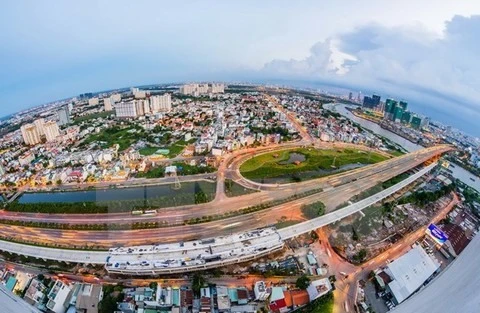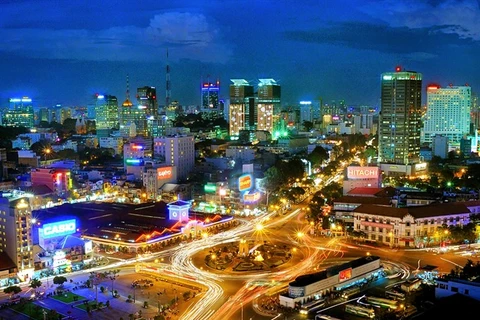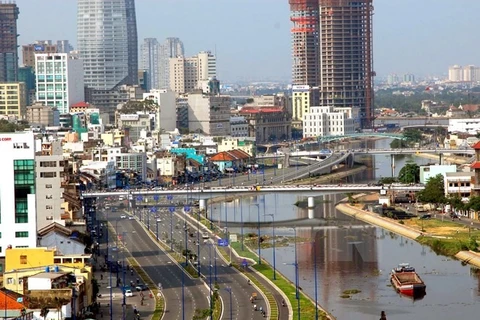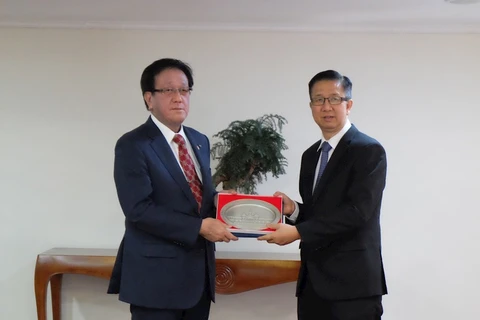HCM City (VNS/VNA) - The Ho Chi Minh City People’s Committee has decided to devolve decision making authority to departments and local authorities in certain areas.
It has identified 85 areas, including contentious ones like environment protection, construction of transport infrastructure and land management.
For instance, district authorities can hereafter appropriate land under certain circumstances, sell State-owned housing and management of waste collection and treatment.
“We hope to achieve a breakthrough in administrative reform by giving more powers to lower level officials,” Chairman of the municipal People’s Committee Nguyen Thanh Phong said.
“This is to make Decision No 54 of the National Assembly creating a special mechanism for HCM City a reality,” he added.
Tran Xuan Dien, Chairman of the District 10 People’s Committee, said: “When we have more power, procedures will become faster and it will benefit the public and businesses because we do not need to seek permissions from the city’s authorities.”
But more power also means more works and many districts and departments are worried about the adequacy of human resources.
Dien added: “The city does not provide more staff to us while works related to land management and construction require skilled and well-educated staff. We lack such people.”
There are also worries about abuse of power if districts and departments are allowed to decide sensitive issues.
“Leaders of districts and departments must take responsibility for what they do before the city’s People’s Committee,” said Director of the Department of Internal Affairs Truong Van Lam.
“The municipal People’s Committee gives more power but also more guidance, will supervise what districts and departments do.
“We have already prepared human resources, equipment and [others] and informed the public and businesses.”
Diep Van Son, an administrative reform specialist, backed the project saying: “If the city devolves power, districts and departments can make the best decisions because they are close to residents and businesses.”
“But close oversight is imperative to avoid abuse of power. If there is a lack of efficiency in any area, the devolution must be reconsidered.”-VNA
VNA

























